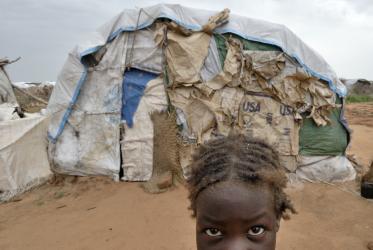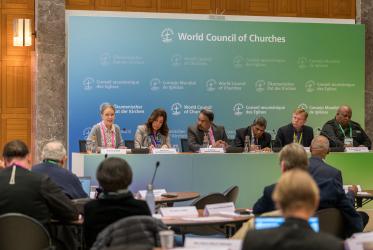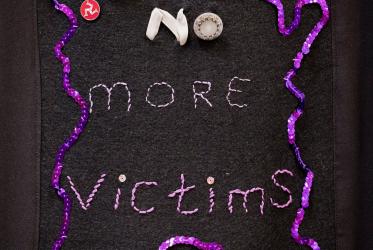Displaying 1 - 20 of 1036
Taxes and gender justice: how do we bridge the divide?
25 April 2024
A global outlook from different angles
10 April 2024
Ahead of Her Time Book Discussion Invitation (Hybrid)
19 April 2024
Compendium of Promising Practices of African Faith Community Interventions against Paediatric and Adolescent HIV
Executive Summary
23 March 2024
On International Women’s Day, “we want us alive”
13 March 2024
On International Women’s Day, find ways to end femicide
29 February 2024
As femicide cases rises, Kenyan religious leaders move to act
06 February 2024















